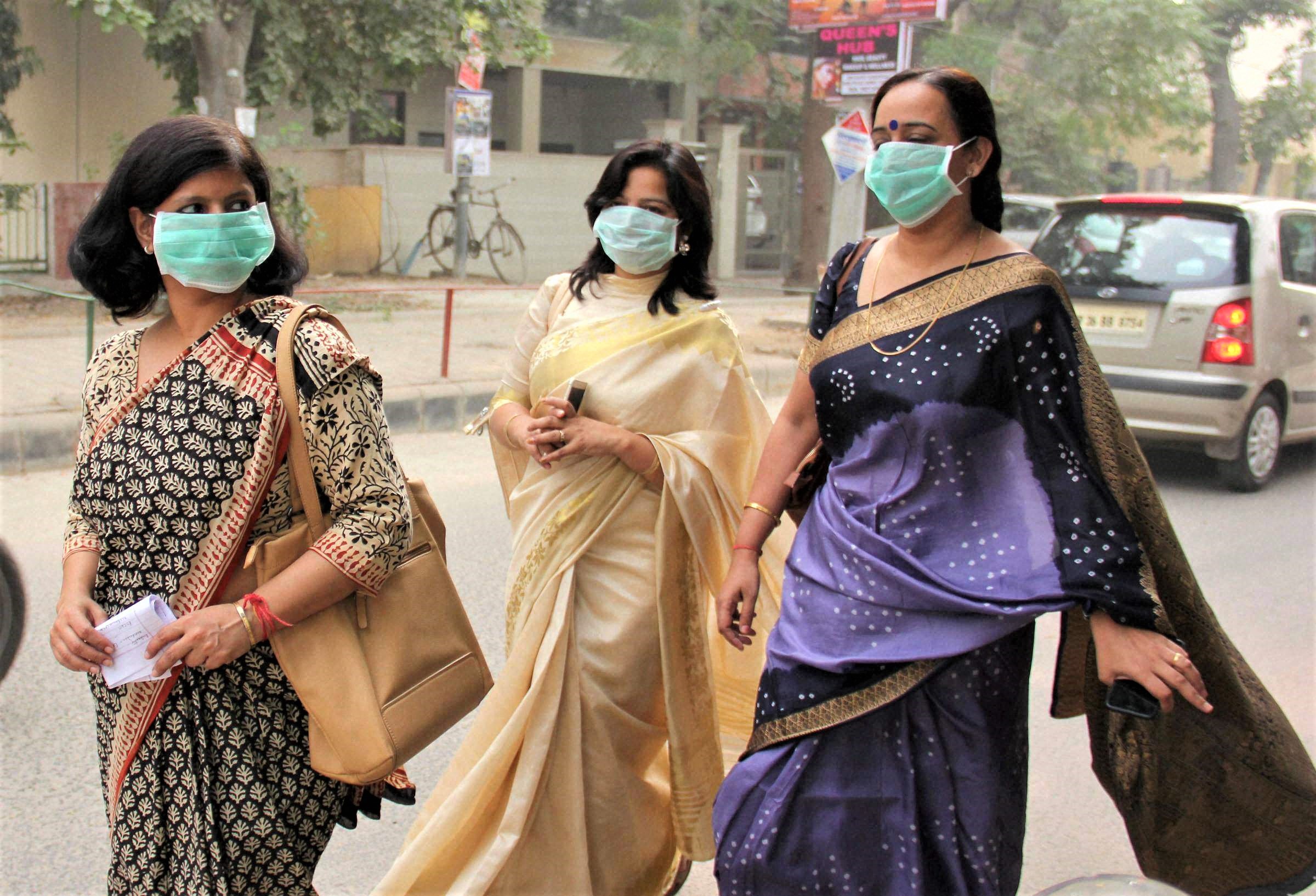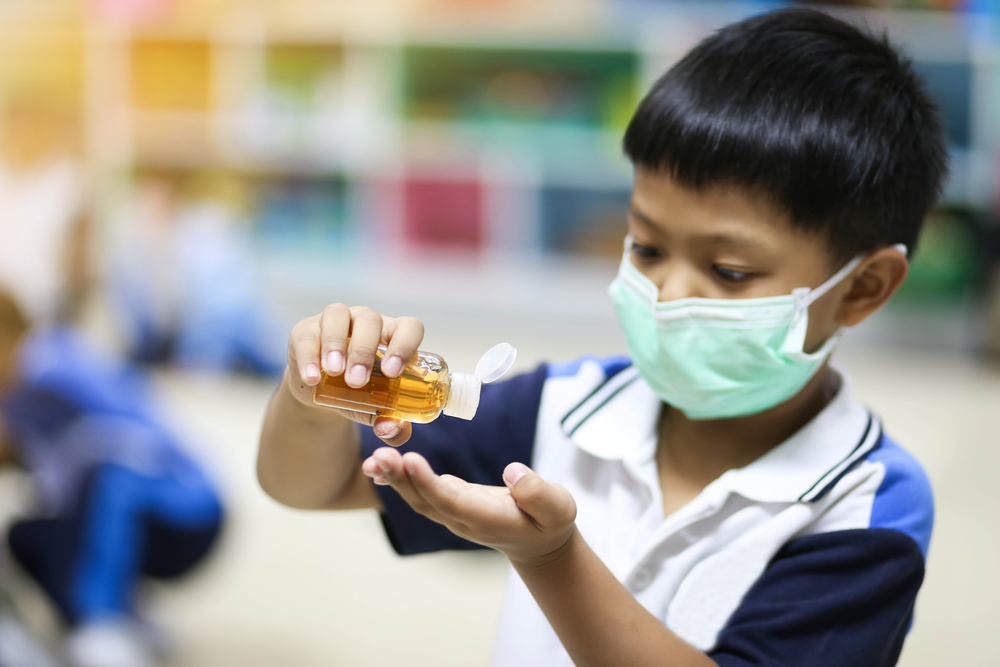Coronavirus in India: When & How to Quarantine Yourself at Home for COVID-19
Only diplomatic visas and visas for international organisations, employment and projects will be exempt.

On 11 March 2020, the World Health Organisation (WHO) declared the Covid-19 outbreak to be a pandemic, which is defined as “the worldwide spread of a new disease.”
Since it was first detected in December, the virus has spread to every continent except Antarctica and infected more than 121,000 people, causing 4,300 deaths.
As of now, in India, there are 75 reported cases of Covid-19 and the country has suspended all tourist visas until 15 April. Additionally, all travellers arriving from the seven virus-hit countries, which include China, Italy, Iran, South Korea, France, Spain, and Germany will be quarantined. Only diplomatic visas and visas for international organisations, employment and projects will be exempt.
While the number of cases in India seem to be low, we must bear in mind that the virus takes up to 2 weeks to show symptoms and in this scenario, it is imperative that we do our bit to curtail its spread. One such measure is a self—or home quarantine—which is is applicable to all ‘contacts’ of a suspect—or confirmed—case of the coronavirus.

Who should be home quarantined?
A ‘contact’ is a healthy person who has been in such association with an infected person or a contaminated environment. The person may have been exposed to the disease and is, therefore, at a higher risk of developing the disease.
A contact could be one of the following:
- Any person living in the same household as the person effected with Covid-19.
- Any person having direct physical contact with a Covid-19 victim without wearing the necessary protective gear.
- Any person who was in a closed environment with someone who has tested posted for Covid-19.
- If you have had direct face-to-face contact with a Covid-19 patient at a distance of within 1 meter, including air travel.
How long should one stay in quarantine?
The home quarantine period is for 14 days from contact with a confirmed case or earlier if a suspect case turns out negative upon laboratory testing.
What does home quarantine mean?

- One should be in a well-ventilated single-room with an attached toilet, to minimise contact with other rooms in the house.
- If the room necessarily has to be shared with another person, it is advisable to maintain a distance of at least one meter between the two.
- If there are older people, pregnant women or children within the household, then one must maintain a safe distance from them.
- Ensure that the movement of the person who is under quarantine is restricted within the house.
- Do not attend any social gathering or call people home until you are out of quarantine.
- You must wash your hands thoroughly with soap and water as much as possible. According to this viral Twitter thread by Palli Thordarson, a professor of Chemistry at the University of New South Wales, while alcohol-based disinfectants are useful, soap is the most effective way of killing the virus when it’s on your skin.
- During the time you are under quarantine do not share any household items like drinking cups, glasses, cutlery etc. Doing so will increase the chances of the virus spreading.
- Even if you are at home under quarantine, ensure that you wear a surgical mask to minimise the risk of spreading the virus.
- Do note that every 6 to 8 hours, the mask must be disposed of. Once disposed of safely, wash your hands and only then put on the new mask.
- Do not, under any circumstance, reuse the disposable mask. Do not leave the used mask out in the open.
- If you are using tissues, ensure that you discard them immediately after use, do not reuse or keep it around.
- Do not share towels or clothes with any other member of the household.
- If you have to see a doctor and need to step out, try and do so in your vehicle. Do not take public transport as that will put at risk several others whom you may come in contact with.
- If you find it difficult to breath or the symptoms seem to be severe, contact your nearest health care provider or visit one of the authorised centres, the list of which you can find here.
General instructions for care-givers
- When you are around the patient, always wear a face mask, and gloves if there are chances that you will come in contact with the patient’s bodily fluids.
- Ensure that you throw these away immediately after use and do not under any circumstance reuse them. Even if they have been used only for a few seconds
- Do not touch soiled clothes worn by the patients directly. The clothes must be dipped in disinfectant before they can be washed. Also, these clothes must be washed separately.
- Do not allow any visitors until the time the patient is under home quarantine.
- Clean and disinfect all surfaces that the patient might have touched or frequently touches, with one per cent sodium hypochlorite solution.
- Toilet surfaces must also be disinfected with a good cleaning agent.
To read about some of the myths that surround the spread of the Covid-19, click here and read what Dr Vivek Nangia, HOD & Director, Pulmonology, Fortis Hospital, Vasant Kunj, has to say.
This article here will also give you the complete list of 52 centres across India where you can get tested for the Covid-19.
Do follow all the protocols that the government is putting in place to ensure that you do your bit to curtail the spread of this pandemic.
Also Read: 2788+ Deaths From Coronavirus: Masks & Precautions to Reduce Risk
(Edited by Gayatri Mishra)
Like this story? Or have something to share?
Write to us: [email protected]
Connect with us on Facebook and Twitter.
If you found our stories insightful, informative, or even just enjoyable, we invite you to consider making a voluntary payment to support the work we do at The Better India. Your contribution helps us continue producing quality content that educates, inspires, and drives positive change.
Choose one of the payment options below for your contribution-
By paying for the stories you value, you directly contribute to sustaining our efforts focused on making a difference in the world. Together, let’s ensure that impactful stories continue to be told and shared, enriching lives and communities alike.
Thank you for your support. Here are some frequently asked questions you might find helpful to know why you are contributing?


This story made me
-
97
-
121
-
89
-
167











